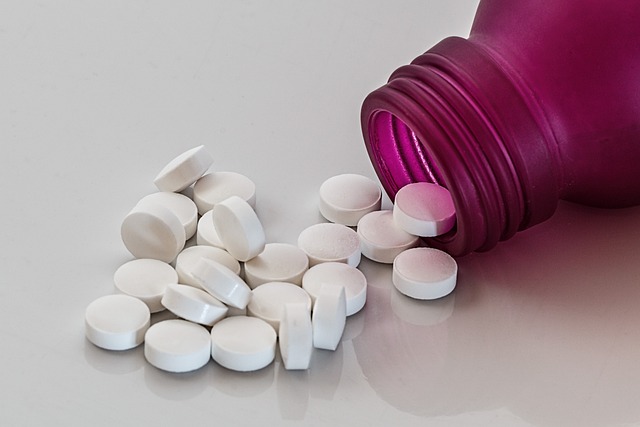Some athletes use steroids while playing. While many organizations ban the use, doctors in sports medicine become real people who fight against the effects of steroids daily.
Some of the more common symptoms that sports medicine doctors are forced to deal with include mood swings, violent behavior, depression, and mood swings. The good news is that proper treatment can reverse all these symptoms with treatment once steroid use is stopped. However, some other conditions cannot be easily changed.
Steroid use can alter many systems in the body, and how they react, either permanently or temporarily, is critical in working to treat the effects. As the number of athletes convicted of steroid use steadily decreases, there are fewer problems that doctors are trying to combat; however, steroid use still occurs and continues to cause problems, albeit at a lower level.
While sports medicine doctors do not usually treat reproductive problems, they are involved in other areas as steroid use can interfere with several components. For example, in men, it can alter libido, cause male pattern baldness, and even lead to impaired spermatogenesis, among other problems, including testicular atrophy and gynecomastia. However, of all the issues, only male pattern baldness is not completely reversible with treatment. However, there are cases where gynecomastia cannot be successfully treated even after steroid use is stopped.
Women have more reproductive problems with risky steroid use causing issues like the menstrual cycle, altered libido, deep voice, pattern baldness, and clitoral enlargement. The good news is that libido can be restored as well as the menstrual cycle, and at this point, the other effects of steroid use are not reversible complications. This means that every year, women who stop taking steroids still have far more consequences of dealing with than men.
Steroids also have the unfortunate problem of adversely affecting the cardiovascular system, and athletes want to be as healthy as possible to achieve the best results. Steroid use has several devastating effects on the overall health of athletes, including increased LDL cholesterol levels, decreased HDL cholesterol levels, complications with high blood pressure, elevated triglycerides, and even the possibility of arteriosclerotic heart disease.
While doctors who encourage steroid use are rare and few, a well-trained doctor can recognize the signs that an athlete is using steroids and help discourage their use. While the final choice of steroid use rests with the athlete, a good sports medicine physician should be able to identify athletes based on signs of use.
Because of the risks associated with the cardiovascular and musculoskeletal systems, using steroids can cause more harm to the body than it can provide benefits. In addition to the complications related to the cardiovascular system already discussed, it can cause difficulties with irreversible tendon degeneration. This poses a significant problem for weakened tendons that are more prone to injury even after steroid use is stopped. Overall, steroid use represents a significant problem for sports medicine physicians worldwide.

